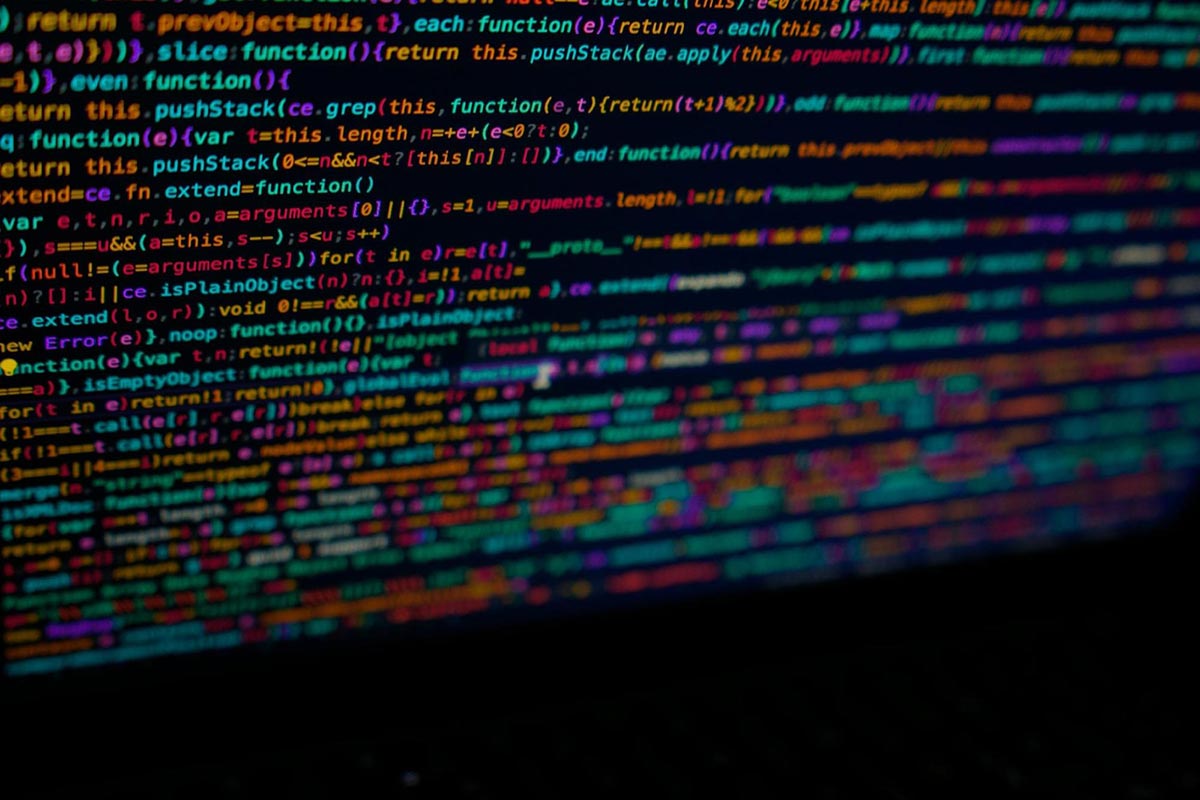
From Paper to Platform: How Licensing Became Part of the Digital Economy
Regulation has never been famous for speed. But in 2025, the concept of licensing—once synonymous with paperwork, waiting periods, and endless signatures—is undergoing its own digital revolution. Across industries, from fintech to iGaming, compliance is no longer just a bureaucratic obligation; it’s becoming a platform-driven process built on automation, data transparency, and smart verification. The transformation isn’t abstract—it’s measurable. The recent overhaul of the Curaçao licensing framework, and the global interest around the curacao gambling license cost 2024 2025, highlights how even traditional jurisdictions are adopting modern infrastructure to serve digital-first businesses.
A new operating system for compliance
In the past, licensing was a series of disconnected steps—applications, verifications, approvals—each dependent on human oversight. Today, automation has rewritten the workflow. Governments and private regulatory bodies are increasingly using AI-powered document analysis, digital KYC systems, and blockchain-based registries to validate identity, ownership, and transaction integrity in real time.
This shift mirrors what happened in banking and logistics a decade ago: once data became digital, processes began to scale exponentially. For licensing, it means faster onboarding, fewer errors, and reduced compliance costs. Where approvals once took months, they can now be completed in weeks or even days, depending on the level of automation and data integration involved.
Regulation as infrastructure
The rise of RegTech —the use of technology to simplify compliance—has turned regulation itself into a kind of infrastructure. Instead of being an external checkpoint, licensing frameworks are now built into the operational fabric of digital platforms. APIs allow regulators to communicate directly with business systems, enabling live monitoring, transaction tracking, and instant reporting.
This isn’t just efficiency; it’s transparency at scale. Automated regulation creates audit trails by default, reducing fraud while empowering regulators to focus on analysis rather than paperwork. It’s the foundation of what experts now call algorithmic governance—where laws are not only enforced by humans but executed through code.
Curaçao’s modernization effort fits squarely into this trend. By updating its iGaming license framework and migrating to an online system, the jurisdiction has effectively rebranded itself from a legacy offshore hub into a digital compliance gateway.
The economics of digital regulation
Automation doesn’t just save time—it reshapes entire cost structures. Traditional compliance models depend heavily on manual labor, legal reviews, and multi-stage approvals. When processes are digitized, the marginal cost of each new application drops dramatically. Smaller operators gain access to global markets without the financial burden that used to come with compliance.
That shift is why licensing has become a competitive advantage rather than a barrier. Nations that simplify and digitize their frameworks attract faster investment and more agile businesses. In an economy defined by immediacy, where startups launch in days and products iterate overnight, a digital-first licensing ecosystem is no longer optional—it’s essential.
A future where compliance becomes code
The next stage of this evolution will likely merge licensing, verification, and ongoing regulation into a single adaptive system. Machine learning models will predict compliance risks before they happen, AI will pre-screen applications, and blockchain ledgers will record transactions beyond alteration.
Licensing will no longer be a milestone at the start of business—it will be an ongoing, living component of it. The shift from paper to platform isn’t just about efficiency; it’s about redefining how legitimacy is created, measured, and maintained in the digital economy.
As more governments follow this path, one truth becomes clear: the future of regulation is not a document—it’s a system.





